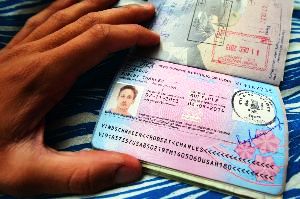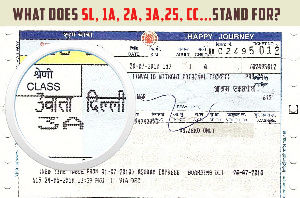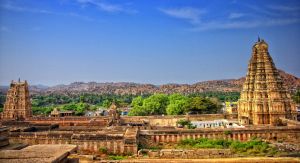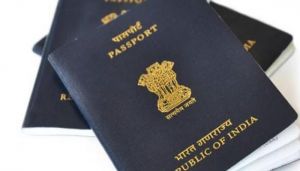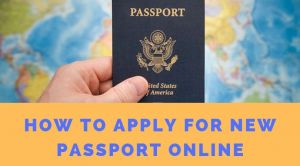
One of the most frustrating things about applying for a visa is going through the whole process of application only to be, rejected on a technicality. Below are points to remember when applying for a visa.
1. Types of Visas

First and for most it is important to know that different countries have different categories for visas. You have to ensure that the Visa form you fill explains exactly the kind of visa your need. These can be migrant Visa, employee Visa, Investor's Visa, or Temporary Visa. Examples of Temporary Visas are Student visa, Transit Visa, Business Visa, or Tourist Visa. Different countries have different Visas requirements.
2. Interview

When applying for Visa you should be prepared for an interview. You should be ready to answer questions in a language, most likely not your native language. If you are visiting the UK, US English might be an added advantage. However, when visiting Sweden, Russia or other countries, you will most likely need to hire a translator to help you in the interpretation.
3. Stick to the point

It is important to make sure that you are concise when answering questions during the whole Visa process. Consular offices are often, under pressure to carry out a quick, efficient interview. Whatever decision officers take, is usually determined by the first or second minute of the interview. To increase the possibility of success, stick to the point when answering questions.
4. Be Positive
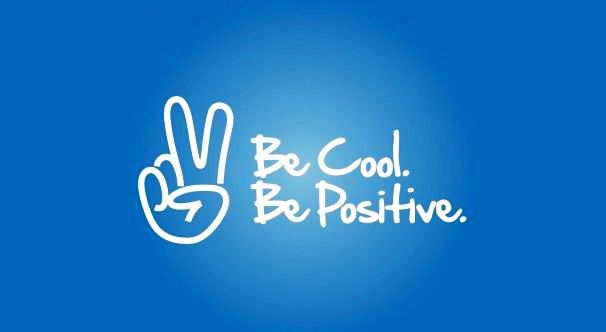
At all costs, remain confident and positive about the results. If rejected, seek for information about what to do in the future to avoid getting the Visa rejected.
5. Personal Questions
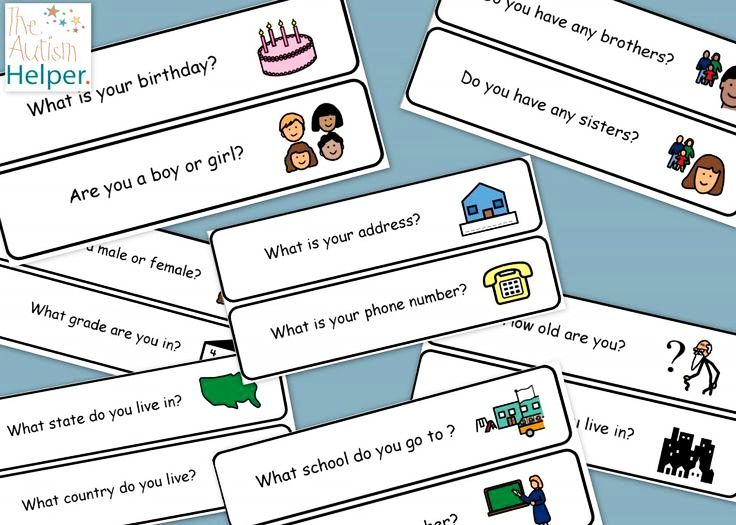
Expect personal questions in the interview. Most people are surprised when the officer asks, how their wives or children will survive in their absence. In most cases, this question is far trickier when you are the main source of income. Where the consul officer observes, in your absence your family will need your assistance, your visa will most likely be denied.
6. Monetary Documentation
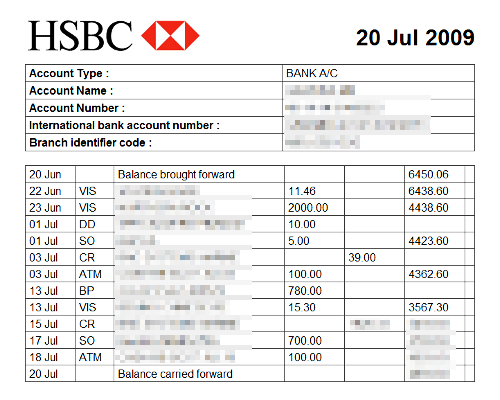
Whether you are a student, a businessperson or a tourist, ensure that your monetary documentation meets expected standards of the country you intend to visit. You will be expected to explain in detail your income source and other financial, personal endeavors.
7. Countries of Origin
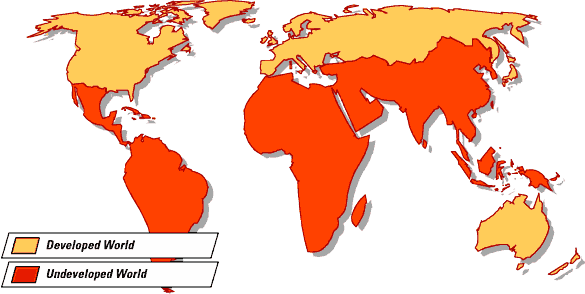
Unfortunately, if you are from the developing countries you have lower chances of being accepted. Compared to people coming from countries that are developed, people from poor countries have been known to use all kinds of explanations to migrate.
8. Ties to your country of Origin
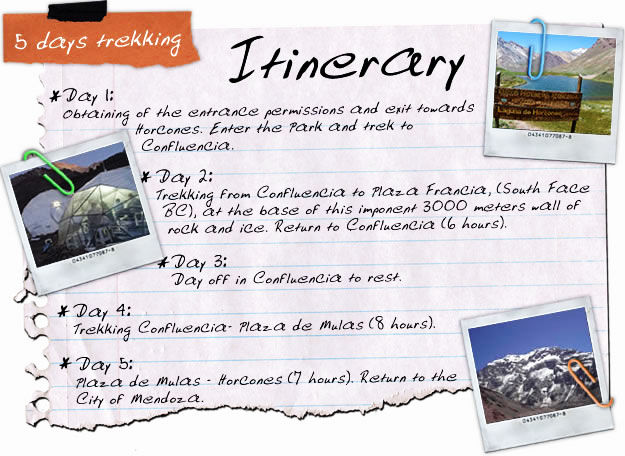
Most countries view non-migrant visitors as possible migrants acting in pretense. You should plan your return and convince them, that you want to return to your home country, after completing your education or visit.
Recommended For You
-
 Best Places to Eat in Goa: Indulge in a Culinary Delight
Best Places to Eat in Goa: Indulge in a Culinary Delight
-
 The Future of Drone Tourism: How Drones are Changing the Travel Industry
The Future of Drone Tourism: How Drones are Changing the Travel Industry
-
 10 Reasons Why Diwali is Celebrated
10 Reasons Why Diwali is Celebrated
-
 Significance of Navratri and Durga Puja
Significance of Navratri and Durga Puja
-
 Why and How is Dussehra Celebrated All Over India?
Why and How is Dussehra Celebrated All Over India?
-
 Top 10 Drone and Aviation Training Institutes in India
Top 10 Drone and Aviation Training Institutes in India






